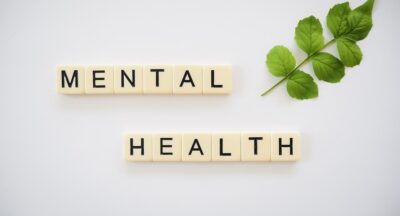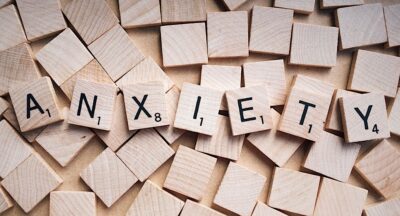
The hidden dangers of insomnia: How can it relate to some case of depression?

Insomnia, characterized by persistent difficulty falling or staying asleep, poses a range of dangers to both physical and mental health. Individuals experiencing insomnia may suffer from impaired cognitive function, leading to difficulties in concentration and memory. The weakened immune system associated with chronic sleep deprivation increases susceptibility to illnesses. Moreover, insomnia is linked to an elevated risk of developing mental health issues such as anxiety and depression. Cardiovascular problems, including hypertension and an increased risk of heart disease and stroke, are also potential consequences of prolonged sleep difficulties. Hormonal imbalances resulting from disrupted sleep patterns can affect mood, stress levels, and appetite regulation. Impaired motor skills, slower reaction times, and a higher risk of accidents and injuries are additional dangers associated with insomnia. Weight gain may occur due to disturbances in appetite-regulating hormones. The overall quality of life is significantly impacted, affecting relationships, work performance, and daily functioning. Increased sensitivity to pain and a greater risk of accidents, both at home and in the workplace, are notable concerns for individuals struggling with insomnia.
Insomnia and depression often share a complex and bidirectional relationship. The connection between the two conditions is multifaceted, with each influencing and exacerbating the symptoms of the other. Several factors contribute to the interconnection:
- Sleep Disruption in Depression: Individuals experiencing depression frequently encounter changes in their sleep patterns. This can manifest as difficulty falling asleep, staying asleep, or early morning awakening. These disruptions contribute to the development or exacerbation of insomnia.
- Biological Factors: Both depression and insomnia involve alterations in the regulation of neurotransmitters, such as serotonin and norepinephrine, as well as disruptions in the circadian rhythm. These shared biological mechanisms contribute to the co-occurrence of the two conditions.
- Cognitive Factors: Negative thought patterns and rumination, common in depression, can contribute to heightened arousal and anxiety, making it difficult for individuals to relax and initiate sleep. This cognitive component further complicates the relationship between depression and insomnia.
- Chronic Stress: Persistent stress, a common factor in depression, can contribute to hyperarousal of the nervous system, making it challenging for individuals to achieve restful sleep. Chronic stress is a significant contributor to both depression and insomnia.
- Daytime Fatigue: Insomnia can lead to daytime fatigue and a lack of energy, which can exacerbate feelings of lethargy and hopelessness associated with depression.
- Reduced Coping Mechanisms: The exhaustion resulting from insomnia can impair an individual’s ability to cope with stressors, potentially worsening depressive symptoms.
- Treatment Challenges: Treating one condition without addressing the other may be less effective. Improving sleep quality can positively impact mood, and addressing depressive symptoms may lead to improvements in sleep.
Understanding and addressing the interconnectedness of insomnia and depression is crucial for effective treatment. Comprehensive approaches that target both conditions, such as cognitive-behavioral therapy for insomnia (CBT-I) and psychotherapy for depression, are often recommended to break the cycle and promote overall mental health and well-being.

dr.dan
Related Posts
The Magic of Loyalty and Faithfulness: Why Trust Needs Constant Nurturing in Long-Term Relationships
In the symphony of love, trust is the steady rhythm that keeps everything...
The Art of the Off Switch: Why Work-Life Balance Is Your Health Plan in Disguise
The hustle has never been louder. Somewhere between back-to-back meetings,...
How to Cope Between Therapy Sessions When Depression Strikes: Mental Illness Never Takes a Break
Therapy can be a powerful lifeline in managing depression, but what happens...
The Many Facets of Anxiety: How It Manifests as Irritability or Anger and Managing Them for a Happier, Serene Life
Anxiety is a complex and often misunderstood emotion. While most people...




